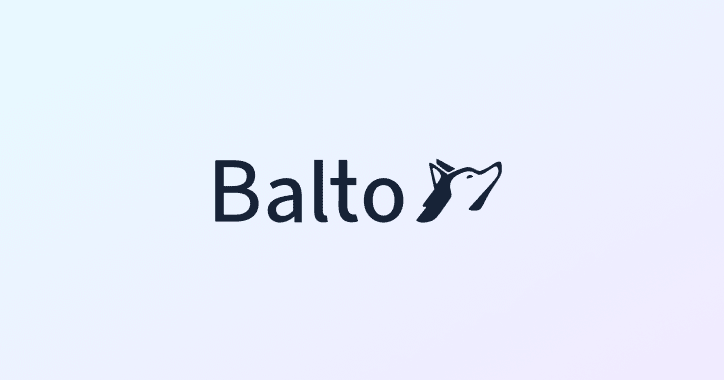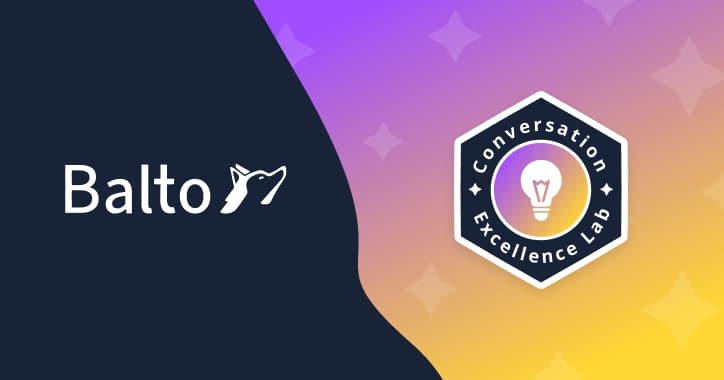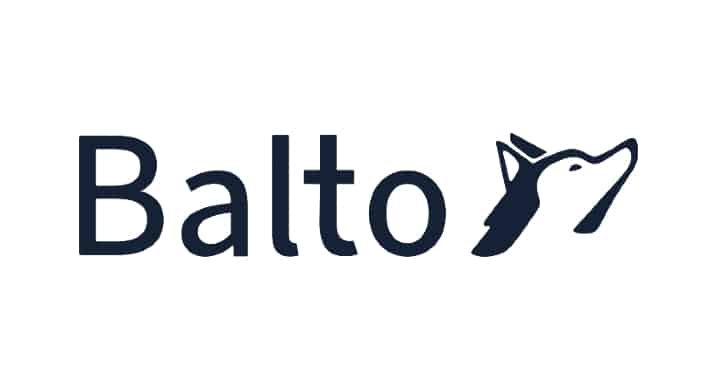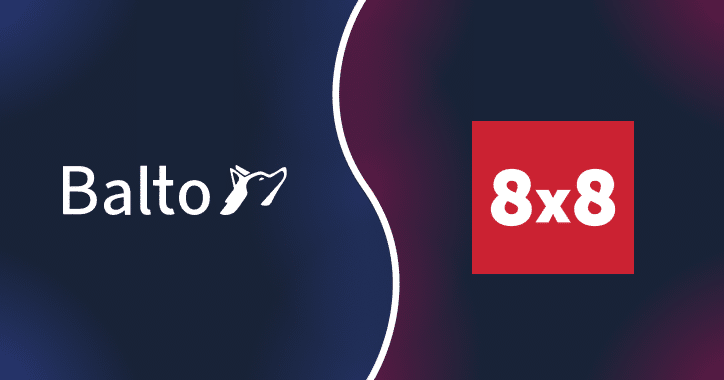Balto Founder and COO Chris Kontes recently talked with York IE about Balto’s history, challenges, and future. You can find the original entrepreneur spotlight with Chris Kontes on the York IE Fuel Platform, or read on to see the insights Chris shared in that interview.
Why did you start Balto? What problem were you trying to solve, and why is that important?
Co-founder Marc Bernstein and I were sales development representatives at another startup, TopOPPS, and we had dozens of sales conversations every day. So we had to be quick on our feet constantly. For example, I’d hear a buyer object and then thumb through a pile of paper scripts for the optimal reply, trying without very much success to track and redirect the conversation — while also jotting notes — and mostly wishing I had refilled my coffee before the call. The whole system was pretty miserable, but because I was treading in the thick of it, it felt like hustle rather than what it was: a terrible way to operate overall and an even worse way to sell.
We felt like we knew what to say, but knowing what to say was the easy part. Executing in the moment was the hard part. So we thought, wouldn’t it be cool if something could help us in critical moments of our conversation? Then we’d learn faster, lose fewer opportunities to make predictable mistakes, and finish fewer conversations with “I can’t believe I forgot to say….”
What’s the biggest challenge your company faces, and how are you overcoming it?
I think about the challenges of our business in two categories: sales pipeline and product. Suppose our go-to-market is constantly overloading sales teams with interested prospects, and our product is consistently improving and driving more value for customers. In that case, the business should be going in the right direction. So we’re constantly building those elements within the business to be the best they can be. As we’ve grown, this has gotten easier… and harder. It’s easier because we have more qualified people leading these initiatives and doing a great job. But it’s also complicated to grow a company. You have tons of new people, new processes and moving parts, and you want to keep all of the resources truly focused on the core elements that drive good results.
How have the massive changes in the job market affected how you recruit, hire and retain employees?
We’ve been fortunate that the labor market hasn’t impacted employee retention, which honestly is incredibly humbling, and it means that people really are bought into our mission. And I think people really like the people they work with. Additionally, we’ve been able to fill roles faster than ever before, with over two-thirds of our company joining within the last year. Companies with good cultures benefit from this market, and companies that don’t prioritize culture risk losing their best people. But that’s always been the case and just another reason to invest in our people. Now, candidates are asking for a lot more money, but having great expensive people is an excellent problem.
How do you balance all the responsibilities of being a founder?
The key for me has been accepting that less is more. There are always a million things you could be doing, but picking critical goals for the year, for the quarter, for the week, and breaking down plans into as much detail as you can, helps me feel like I’m making an impact without working in an infinite cycle.
I also think that balance is as much a function of culture than actually working hours. People would instead work longer hours alongside a great, motivated team than fewer hours with a team that doesn’t hustle. So, somewhat self-serving, we try to find people who fit the former. They are just great to work with, it makes me like my job, and balance follows.
Where do you see yourself and your company in five years?
Being venture-backed, and because all Balto employees are equity holders, we have plans for an IPO or acquisition. At the same time, It’s hard to know where the world will be in five years, so our priority now is building a great company in the Midwest, showing the world that St. Louis can be a booming tech hub, and my feeling is that if we build a good business, the market will reflect that. At the end of the day, if we have 100 people employed in St. Louis, and even just two leave every year to pursue their own big goals — be it entrepreneurship or otherwise — Balto could be part of seeding something exceptional. So that’s what I think about.
About Balto
Balto guides agents to say the right thing on every call. Top-performing contact centers trust Balto’s AI-powered Real-Time Guidance, Real-Time Coaching, and Real-Time QA to increase sales conversions, prevent costly compliance mistakes, and improve customer experience. Founded in 2017 and based in St. Louis, Missouri, Balto has transformed contact center operations and guided over 100 million conversations worldwide. Balto.ai




